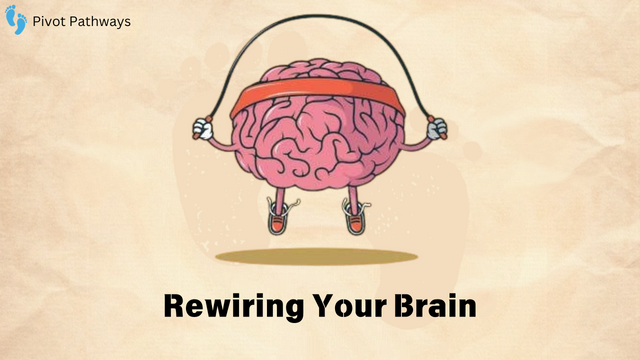The Science of Habit Formation and Lasting Personal Change
We've all felt that nagging disconnect between who we are and who we aspire to be. Those unfulfilled intentions - the workouts skipped, books unread, languages unlearned - can weigh heavily on our minds. But what if the key to bridging that gap isn't superhuman willpower, but rather a deeper understanding of how our brains operate?
Our minds are intricate ecosystems, with well-worn neural pathways shaped by years of repetition. These mental shortcuts serve us well in many ways, allowing us to navigate daily life without constant cognitive effort. Yet they can also trap us in patterns we're eager to escape.
The good news? We can actively reshape these mental landscapes. The process begins by recognizing two distinct modes of operation within our minds. There's the methodical planner, carefully considering long-term goals and plotting a course of action. Then there's the impulsive doer, reacting swiftly to environmental cues and seeking immediate gratification.
Lasting change emerges when we align these inner forces. Rather than relying solely on willpower (which inevitably falters), we can create environments and routines that make desired behaviors feel natural and rewarding. It's about working with our brain's tendencies, not constantly fighting against them.
Start small. Choose one tiny, specific action that moves you towards a larger goal. Maybe it's doing five pushups every morning or writing a single sentence of your novel each day. The key is consistency, not intensity. Pair this action with a clear trigger - perhaps right after brushing your teeth or while waiting for your coffee to brew.
As you repeat this micro-habit, you're essentially carving a new trail through your mental jungle. Over time, with patience and persistence, that faint path becomes a well-traveled road. What once required conscious effort transforms into an almost automatic behavior.
Remember, this process isn't linear. There will be setbacks and days when motivation wanes. The trick is to view these not as failures, but as valuable data points. What obstacles arose? How can you tweak your approach to make the desired behavior even easier or more appealing?
Embrace the journey of personal growth, celebrating small victories along the way. You're not aiming for perfection, but for gradual, sustainable progress. With each step, you're literally rewiring your brain, creating new neural pathways aligned with your aspirations.
